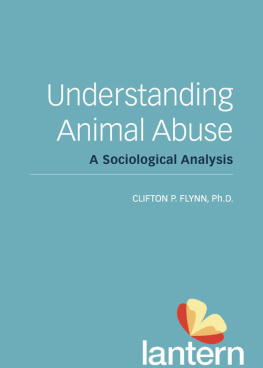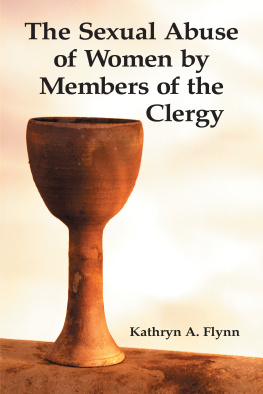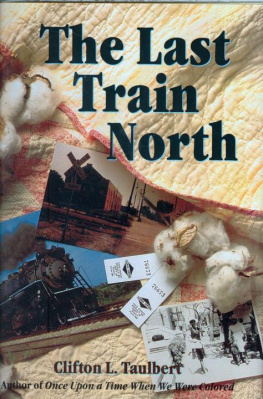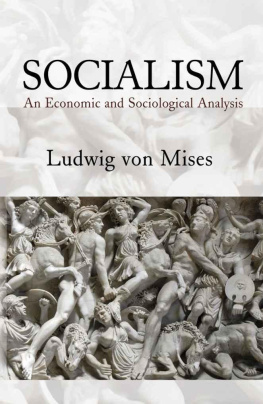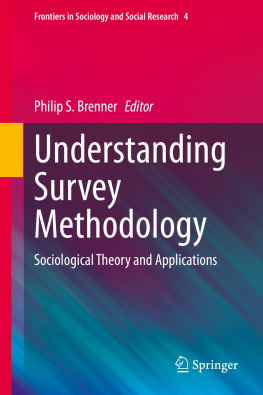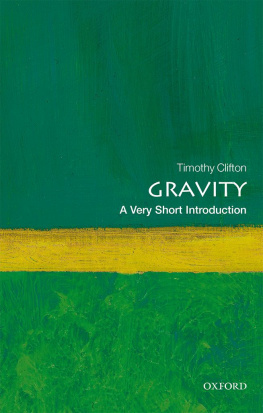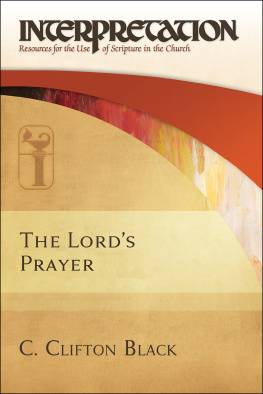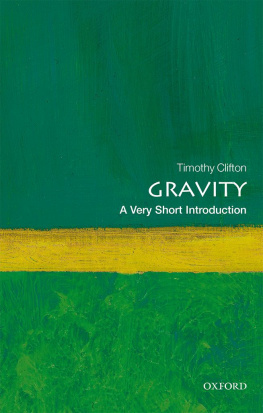Clifton P. Flynn - Understanding Animal Abuse: A Sociological Analysis
Here you can read online Clifton P. Flynn - Understanding Animal Abuse: A Sociological Analysis full text of the book (entire story) in english for free. Download pdf and epub, get meaning, cover and reviews about this ebook. year: 2012, publisher: Lantern Books, genre: Home and family. Description of the work, (preface) as well as reviews are available. Best literature library LitArk.com created for fans of good reading and offers a wide selection of genres:
Romance novel
Science fiction
Adventure
Detective
Science
History
Home and family
Prose
Art
Politics
Computer
Non-fiction
Religion
Business
Children
Humor
Choose a favorite category and find really read worthwhile books. Enjoy immersion in the world of imagination, feel the emotions of the characters or learn something new for yourself, make an fascinating discovery.
- Book:Understanding Animal Abuse: A Sociological Analysis
- Author:
- Publisher:Lantern Books
- Genre:
- Year:2012
- Rating:4 / 5
- Favourites:Add to favourites
- Your mark:
- 80
- 1
- 2
- 3
- 4
- 5
Understanding Animal Abuse: A Sociological Analysis: summary, description and annotation
We offer to read an annotation, description, summary or preface (depends on what the author of the book "Understanding Animal Abuse: A Sociological Analysis" wrote himself). If you haven't found the necessary information about the book — write in the comments, we will try to find it.
Understanding Animal Abuse: A Sociological Analysis — read online for free the complete book (whole text) full work
Below is the text of the book, divided by pages. System saving the place of the last page read, allows you to conveniently read the book "Understanding Animal Abuse: A Sociological Analysis" online for free, without having to search again every time where you left off. Put a bookmark, and you can go to the page where you finished reading at any time.
Font size:
Interval:
Bookmark:
Also by Clifton Flynn
Social Creatures: A Human and Animal Studies Reader

2012
Lantern Books
128 Second Place
Brooklyn, NY 11231
www.lanternbooks.com
Copyright 2012 Clifton Flynn
All rights reserved. No part of this book may be reproduced, stored in a retrieval system, or transmitted in any form or by any means, electronic, mechanical, photocopying, recording, or otherwise, without the written permission of Lantern Books.
Printed in the United States of America
LIBRARY OF CONGRESS CATALOGING-IN-PUBLICATION DATA
Flynn, Clifton P.
Understanding animal abuse : a sociological analysis/Clifton P. Flynn.
p. cm.
Includes bibliographical references.
ISBN 978-1-59056-339-7 (alk. paper) ISBN 978-1-59056-340-3 (ebook)
1. Animal welfare. I. Title.
HV4708.F596 2012
179'.3dc23
2011045101
2. A Sociological Approach to
Understanding Animal Abuse
Individual/Psychopathological vs.
Social/Cultural Models of Violence and Abuse
3. The Connections between
Animal Abuse and Human Violence
Combining the Two Approaches:
A Feminist-Interactionist Explanation
of Woman-Battering and Pet Abuse
7. Expanding the Sociological Imagination:
An Inclusive Sociology of Animal Abuse
This book grew out of my work on animal abuse and its connection to human violence over the past fifteen years. Trained as a family sociologist, I spent the first part of my career primarily studying violence in families and intimate relationships. In 1996, my wife gave me a copy of Carol Adams' now classic book, The Sexual Politics of Meat, in which Adams so brilliantly presents the interconnections between the exploitation of women and other animals. This book led me to develop a concern for the ethical treatment of other animals in my personal life, and soon thereafter I gave up eating them. So it was only natural that I found a way to combine my new personal interest with my professional scholarship: I began to examine the relationship between animal abuse and family violence. As a bonus, I am now fortunate enough to call Carol Adams my friend.
This book is based largely on the work and writings I produced over the last decade and a half. In particular, significant parts of the following previously published articles and chapters, updated and adapted, form the core of this text and appear here in their current form with kind permission from:
National Council on Family Relations, Why Family Professionals Can No Longer Ignore Violence toward Animals, in Family Relations, 2000, 49, 8795 (chapters 1, 2, and 6);
Purdue University Press, A Sociological Analysis of Animal Abuse in F. R. Ascione (ed.). International Handbook on Animal Abuse and Cruelty: Theory, Research and Application, 2008, 15574 (chapters 2, 5, and 6);
Brill Publishers, Society & Animals, Acknowledging the Zoological Connection: A Sociological Analysis of Animal Cruelty, 2001, 9, 7187. (chapters 2 and 6);
Sussex Academic Press, Women-Battering, Pet Abuse, and HumanAnimal Relationships, in A. Linzey (ed.), The Link between Animal Abuse and Human Violence, 2009, 11625 (chapter 5); and
Springer Science+Business Media: Crime, Law and Social Change, Examining the Links between Animal Abuse and Human Violence, 2011, 55, 45368, Copyright 2011, Springer Science+Business Media B.V. (chapters 3, 4, and 6).
I want to acknowledge all those who had a role in these articles and chapters, in particular the editors who kindly chose to publish them.
There are several people who have been respected and valued mentors to me along my journey in this exciting field of HumanAnimal Studies. Ken Shapiro, Frank Ascione, Carol Adams, Andrew Linzey, Piers Beirne, David Nibert, Leslie Irvine, Hal Herzog, and Jan and Steve Alger have generously offered me support, advice, and opportunities to present my scholarship. You have been cherished friends and sounding boards for me and I am most grateful for those relationships. I would also like to thank Martin Rowe at Lantern Books, who took a chance on me with my first book, Social Creatures, and was willing to roll the dice a second time.
I extend a special thank-you to Piers Beirne, Leslie Irvine, Tracey Smith-Harris, and Lizabeth Zack for graciously reading an earlier version of the book and providing valuable feedback. And to Carolyn Gossett for the excellent job she did proofreading the manuscript.
And finally, I want to express my gratitude to my family for their love and support throughout this project and those that preceded it. To my two-legged children, Harrison and Clay, as well as my four-legged children, both living (Brett, Teddy, and Sara) and deceased (Maya, Bob, and Annabelle), thank you for your inspiration and for all that you have taught me about life.
Until the last decade of the twentieth century, the abusive or cruel treatment of animals had received virtually no attention among academicians, particularly sociologists, criminologists, social workers, and family scholars. This was true despite its surprisingly common occurrence, its disturbing nature, and its negative consequences for both people and animals.
Most early studies in the late 1970s and 1980s were conducted using primarily clinical samples of troubled youth or violent prisoners. By and large, these researchers tended to employ an individualistic, psychopathological perspective, in which animal abuse was viewed as evidence of mental illness, part of a defective personality, and/or as a predictor of later criminality. Since this time, however, empirical studies of animal abuse, and its relation to other forms of violence toward humans, have increased dramatically not only in number, but in quality and stature. Sociologists, criminologists, social workers, psychologists, legal scholars, feminists, and others have recognized the myriad of reasons why animal abuse is worthy of serious scholarly focus.
In this chapter, after first defining animal abuse, we will consider the reasons that help explain why violence toward animals was relatively ignored for so long by both scholars and professionals. Then the case will be made for why animal abuse warrants attention from researchers, legal and mental health professionals, policy makers, and society.
Deciding on a definition of animal abuse is a challenging yet important task. Depending on how it is defined, animal abuse could include the billions of animals who endure miserable conditions and deaths on factory farms each year or the millions who are suffer and die as part of scientific experiments. Other socially acceptable and legal forms of violence against animals, such as hunting, could also be included. Later in this text (), many of the issues surrounding the definition of animal abuse will be addressed in greater depth. However, for this analysis, the focus will be on understanding the more direct and intentional acts of cruelty that are committed by individuals or small groups. Consequently, we will rely on the definition offered by Ascione (1993, p. 28): socially unacceptable behavior that intentionally causes unnecessary pain, suffering, or distress to and/or death of an animal. Excluded from this definition are practices that are legal and socially acceptable, whether they are committed by individuals or institutionssuch as hunting, animal experimentation, and factory farming. Also excluded are
Next pageFont size:
Interval:
Bookmark:
Similar books «Understanding Animal Abuse: A Sociological Analysis»
Look at similar books to Understanding Animal Abuse: A Sociological Analysis. We have selected literature similar in name and meaning in the hope of providing readers with more options to find new, interesting, not yet read works.
Discussion, reviews of the book Understanding Animal Abuse: A Sociological Analysis and just readers' own opinions. Leave your comments, write what you think about the work, its meaning or the main characters. Specify what exactly you liked and what you didn't like, and why you think so.

